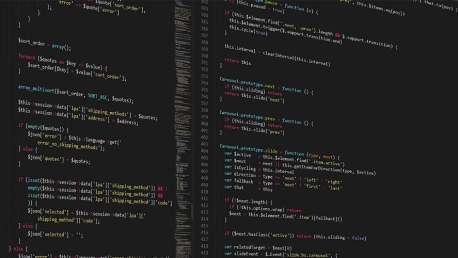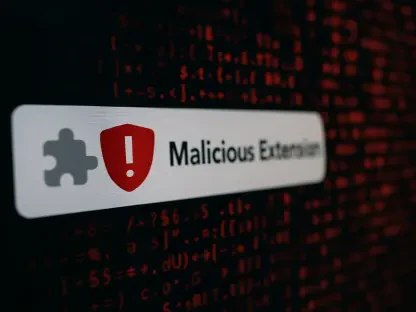When it comes to website security, you can’t compromise. The COVID-19 pandemic has brought with it a 600% raise in cybercrime compared to the previous year. These cyber attacks consisted of sophisticated phishing emails that took advantage of worldwide network security vulnerabilities.
In this new landscape where threat actors have become extremely ingenious and skillful, website security is a top priority. When choosing your content management system (CMS), you want to pay attention to how the platform is looking at security, what features it provides for enhanced protection protocols, and how these capabilities can support your website for long-term security.
In this article, we’ll have a look at some of the best CMS platforms that offer top-notch security features, which will provide the protection you need for your website in these uncertain times.
The Most Secure CMS in 2021
- Drupal
Known as a platform that takes security very seriously, Drupal is a winning choice for companies that want to prioritize website protection. With its feature-rich security capabilities and a solid framework that puts cybersecurity first, Drupal will surely meet your security needs.
Top security features:
- Password-based authentication: This allows access to Drupal accounts through encrypted passwords. What is more, Drupal can detect brute-force password attacks and block them automatically.
- Data validation: With the help of the Drupal API, data is being sanitized through automation checks to prevent injection attacks.
- Role-based access control: This is a security framework that provides admins the ability to assign different levels of permissions to multiple accounts.
Drupal provides an open-source platform with high security capabilities that support uninterrupted content delivery and protect websites worldwide.
- WordPress
One of the most popular CMSs, WordPress, has a history of building security tools that keep core software safe as long as website managers are following basic security practices.
Among the most enhanced security plugins in WordPress are:
- Sucuri, an all-in-one security plugin that provides effective security hardening and high-quality protection firewalls that help you block brute force and malicious attacks.
- Jetpack, another popular security enhancer in WordPress that performs real-time backups and decentralized malware scanning to keep your site safe from threats.
- Wordfence, a WordPress security expansion that monitors visits and hack attempts in real time. It can track IP addresses and determine the time of day when the hack attempt was initiated.
WordPress’ security capabilities can turn any website into a fortress that will resist even the most complex cyberthreats.
- Typo3
The great thing about this CMS is that it offers total freedom to run complex site structures in any language. Besides this, Typo3 is invested in supporting its users’ need for security by working continuously at improving the platform’s cyber protection capabilities.
Some of its most popular security features are:
- multi-factor authentication, which adds an extra layer of security by adding a second factor to the login process; and
- secure password reset or recovery.
Wrap Up
An average website is attacked 44 times a day. It goes without saying then, that website security should be one of your top priorities. Investing in security pays off in these uncertain times, where cybercriminals have mastered their skills and created more complex threats.








